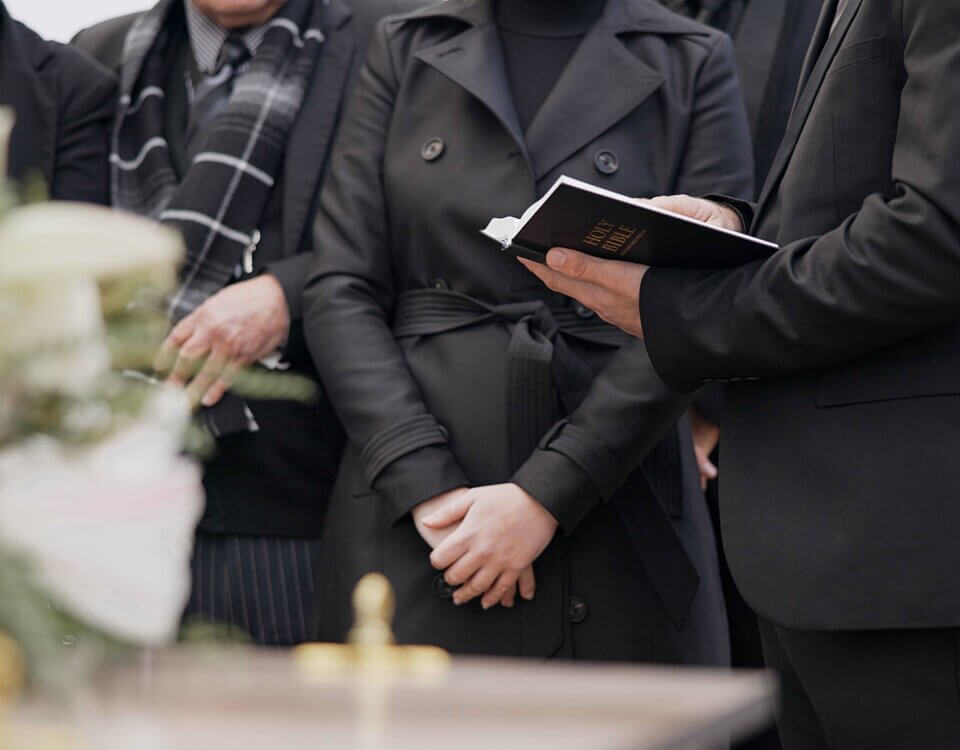Losing a loved one suddenly and unexpectedly can be overwhelming. If someone else’s negligence or misconduct caused the death, you may have a wrongful death claim. At Hillstone Law we aim to guide you through what evidence is needed to seek justice and compensation in these cases.
What’s a Wrongful Death Claim
A wrongful death claim is a legal action filed by certain surviving family members when someone dies because of another party’s negligent or intentionally wrongful actions. To succeed, you’ll need to show that it is more likely than not that the defendant’s conduct was responsible for the death. California law gives surviving spouses, dependents, and sometimes others the right to bring such claims. Also keep in mind that in California the statute of limitations for wrongful death is generally two years from the date of death.
Types of Evidence You’ll Want to Gather
To prove wrongful death, you must establish that someone owed a duty of care, they breached it, that breach caused harm, and there were damages. The evidence listed below helps support all of those elements:
- Medical Records and Death Certificate
- Obtain the medical records leading up to the death: diagnoses, treatments, hospital records, lab tests, imaging (X-rays, MRIs) etc.
- The death certificate is official proof of the date, time, and medical cause of death.
- Proof of Negligence Elements
- Duty of care: evidence showing the defendant had a legal obligation to act reasonably toward the deceased.
- Breach of duty: documents or testimony showing they failed to act with reasonable care.
- Causation: that breach must have been a direct or substantial cause of the death.
- Damages: proof of the losses suffered by the surviving family (emotional suffering, economic losses, etc.).
- Financial Documents
- Pay stubs, tax returns, other income records of the deceased.
- Estimations of what the person would likely have earned in the future (lost future earnings).
- Records of funeral, burial, and related final expenses.
- Witness Statements & Expert Testimony
- Statements from people who saw what happened or have knowledge about the circumstances.
- Experts (medical experts, accident reconstruction, etc.) who can explain how the death was caused, what standard of care was or wasn’t followed, and assess damages.
- Police, Incident, and Investigation Reports
- If the death involved a traffic collision, criminal act, workplace accident, or other reportable incident, the official police or incident report will be highly relevant.
- Any investigation documents, regulatory or oversight reports, or internal reports where applicable (for example in case of medical negligence or facilities).
- Insurance Information
- If the responsible party has insurance, details of policy limits and coverage.
- Any correspondence or exchanges regarding insurance claims.
How Hillstone Law Supports You
At Hillstone Law we help you collect and organize all necessary evidence, working with medical experts, investigators, and other professionals to build a strong case. We also manage communications with insurers and ensure deadlines are met so you don’t lose your legal rights.
We work on a contingency basis, meaning you pay nothing unless we recover compensation for your family. If you believe your loved one’s death may have been caused by someone else’s negligence, contact Hillstone Law for a free consultation so we can advise your next steps.
Note: These blog posts are created solely for the use of Hillstone Law. The information is gathered from internet research, publicly available sources, and artificial intelligence (AI) tools such as ChatGPT. While we aim to share helpful and educational content, Hillstone Law does not independently verify every detail. Some information may be incomplete, outdated, or subject to change without notice. If you believe any part of a post is inaccurate, misleading, or infringes upon copyright, please contact Hillstone Law immediately so we can review it and take appropriate action, including correction or removal.
Disclaimer: The material provided in these blogs is for general informational purposes only and should not be considered legal advice. Reading these posts does not create, and is not intended to create, an attorney-client relationship with Hillstone Law. Our intent is to share knowledge, raise awareness, and provide helpful resources to the public; however, Hillstone Law makes no warranties or guarantees about the accuracy, completeness, or reliability of the information provided, and expressly disclaims liability for any actions taken in reliance on it. The photos used in these posts are for illustrative purposes only and do not depict actual clients, individuals, or incidents unless expressly stated. If you or a loved one has been injured in an accident, please contact Hillstone Law at (855) 691-1691. Our attorneys are available to answer your legal questions and help you understand your rights.







